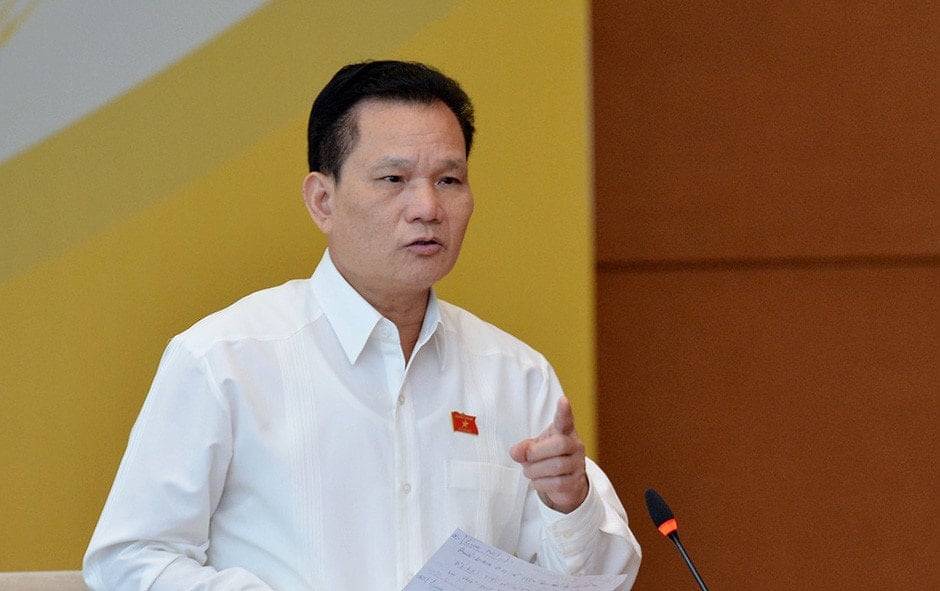
The Party Central Committee has just agreed on the policy of ending the activities of civil servant unions and armed forces unions; reducing the level of union dues paid by union members.
The termination of the activities of civil servant unions and armed forces unions is considered an important reform to implement the Central Resolution on streamlining the organizational apparatus and improving the effectiveness and efficiency of the political system.
When reorganizing, it is expected to be implemented according to a roadmap, with a thorough impact assessment and ensuring the rights of union officials working in dissolved units.
Just keep "giving birth" to more organizations with good intentions but in reality they are cumbersome.
Mr. Bui Sy Loi, former Vice Chairman of the National Assembly's Committee on Social Affairs, said that the abolition of the civil servant trade union model and the armed forces trade union model is a correct policy, consistent with the requirements of streamlining the apparatus and improving the efficiency of trade union activities in the new period.
“This is to restructure the current organizational apparatus in a streamlined manner, avoiding overlap. In particular, the armed forces have special activities, high discipline and regulations, so it is impossible to organize trade unions in the usual way,” Mr. Loi commented.
According to him, rearranging the trade union organization vertically instead of maintaining the civil servant trade union will help reduce the number of focal points and avoid duplication of functions and tasks among political and social organizations in the system.
“Up to now, we have been ‘giving birth’ to more organizations with good intentions, but in reality it has caused cumbersomeness and lack of clarity. Now, the trade union organization needs to follow the Party’s model – under the Party’s leadership, socio-political organizations also need to be reorganized in a more systematic and effective way,” said Mr. Loi.
Abolishing union fees, need to assess impact on businesses
Mr. Bui Sy Loi expressed his agreement with the policy of reducing union fees, however, he said that there should be adjustments suitable to the current practical situation.
According to current regulations, union members are paying union dues at the rate of 1% of their salary as the basis for compulsory social insurance (applicable to civil servants, public employees, and workers in state agencies, units, and non-state enterprises) or 1% of their actual salary (for union members at state-owned enterprises), with the maximum monthly contribution not exceeding 10% of the base salary.
Mr. Loi analyzed that streamlining the union organization should go hand in hand with reducing the corresponding fee level. The fee reduction should be based on the actual situation of the union fund.
In the context that the State has widely implemented programs to build social housing, low-income housing and housing for the poor, maintaining the current high union fee level is not really necessary.
However, Mr. Loi also noted the difference between the civil servant and state employee sector and the business sector with a large number of employees when considering reducing union fees.
He emphasized that trade unions in the business sector play a key role in protecting workers' rights, including taking care of their lives, maternity benefits, working conditions, etc.
Therefore, the reduction of union fees in this area needs to be carefully assessed for impact to avoid negative impacts on the representative and protective functions of grassroots unions.
"Reducing fees is a correct policy, but it needs to be calculated properly, especially for the business sector. It is possible to consider reducing them at a moderate level or making selective adjustments to ensure a balance between resources and functions of the trade union organization," said Mr. Loi.
According to Mr. Bui Sy Loi, the reorganization, streamlining and reform of the trade union organization this time is an important step in the process of reforming the apparatus, aiming at the goal of operating more effectively, substantially and closer to union members and workers.
The civil servant trade union was established in 1994. As of 2023, Vietnam's civil servant trade union consists of two systems: Civil servant trade unions of central ministries, departments, branches, associations, and organizations and civil servant trade unions of provinces and cities.
Of which, the civil servant union has 60 affiliated units with nearly 86,000 members. The civil servant union system in 63 provinces and cities has about 240,000 members.
The armed forces trade unions, according to the Charter of Vietnam Trade Unions, include trade unions in the People's Army and trade unions in the People's Public Security.
Source: https://baohaiduong.vn/bo-cong-doan-vien-chuc-la-buoc-di-can-thiet-tranh-chong-cheo-409726.html





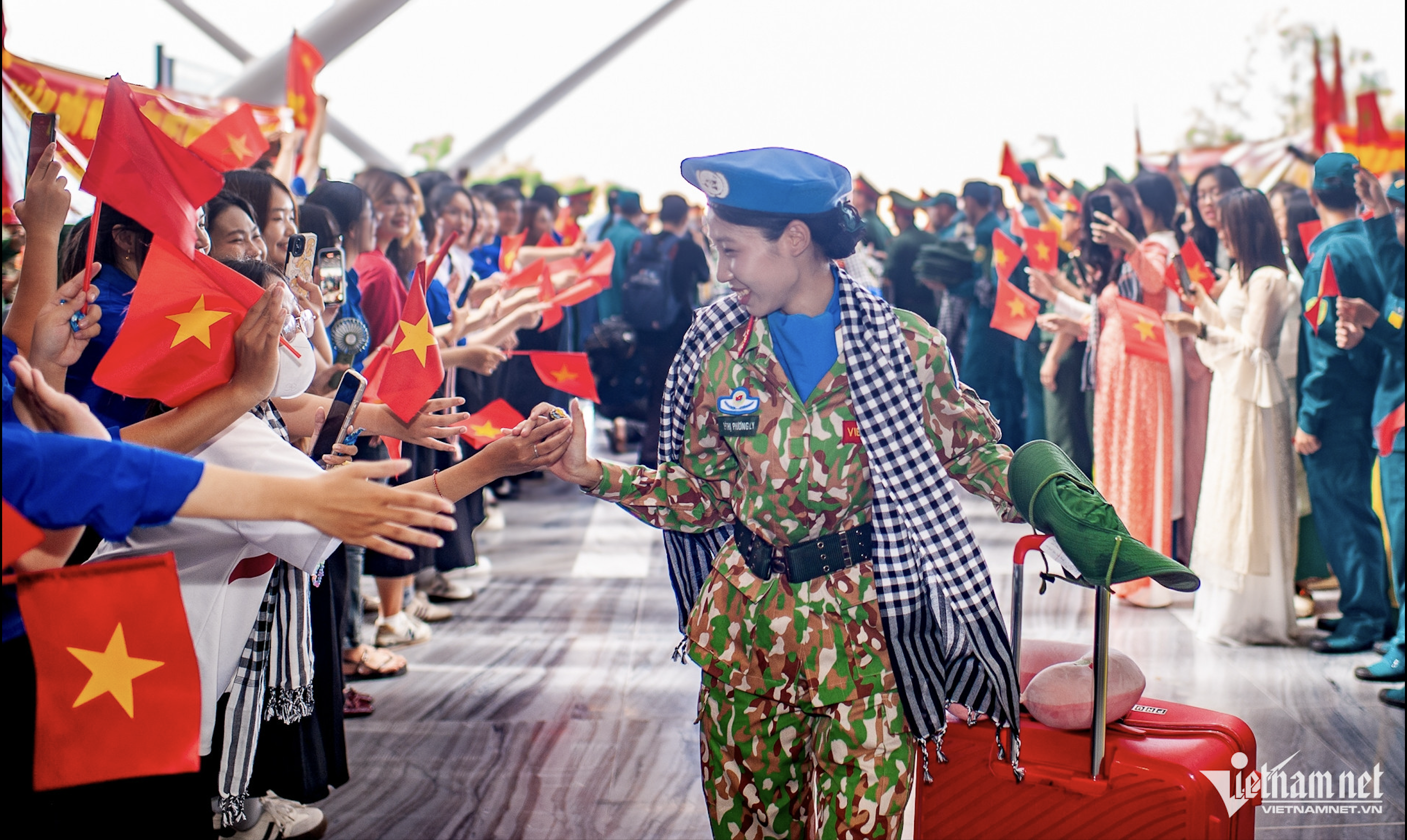
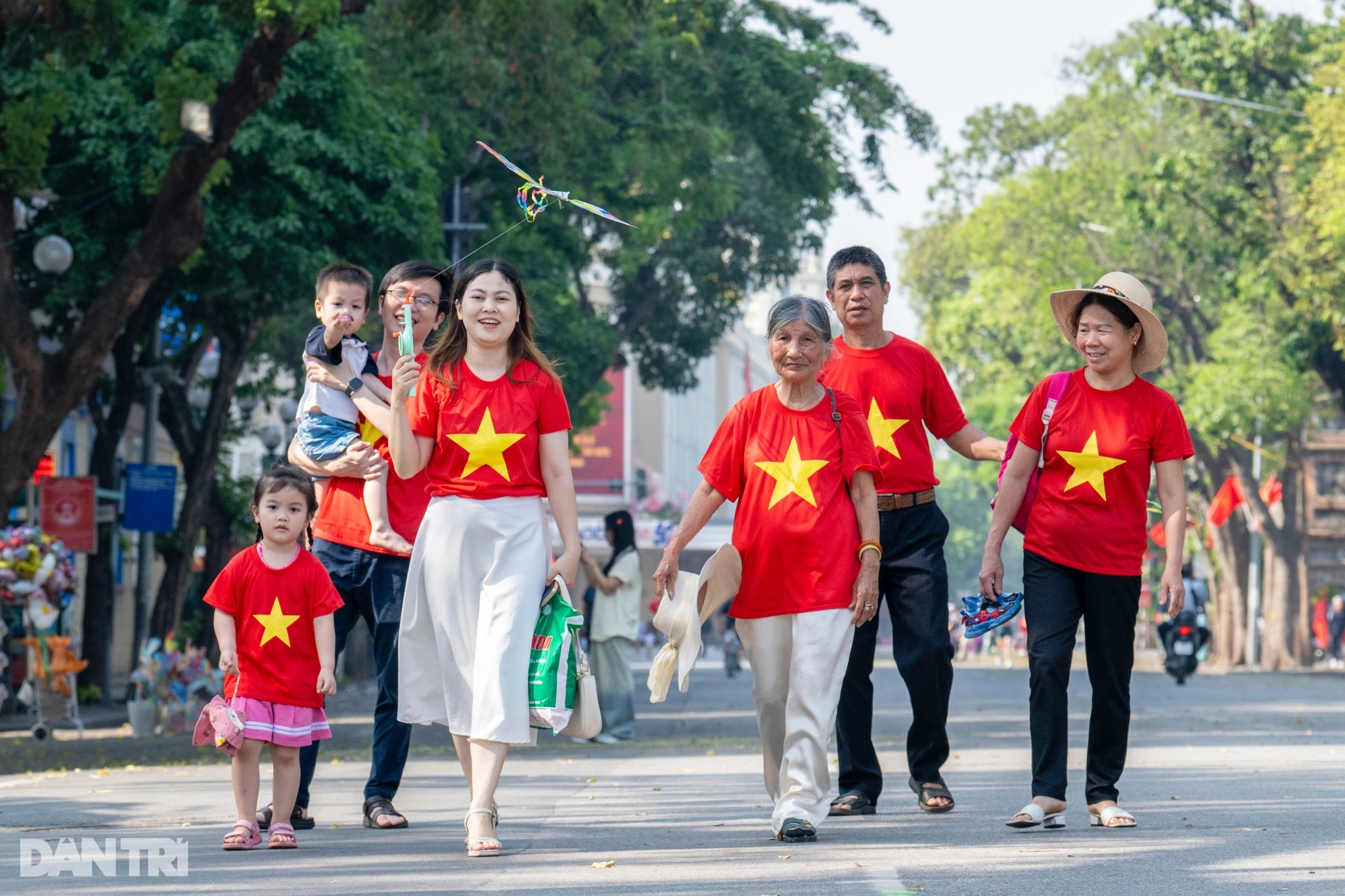
![[Photo] Bustling construction at key national traffic construction sites](https://vstatic.vietnam.vn/vietnam/resource/IMAGE/2025/5/2/a99d56a8d6774aeab19bfccd372dc3e9)



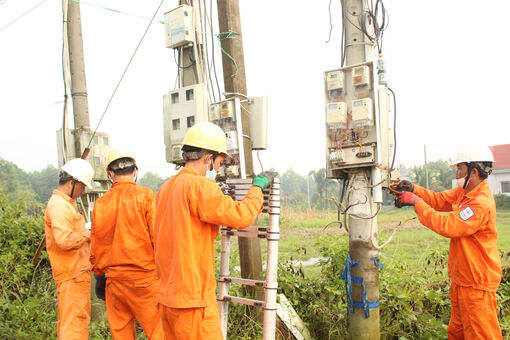
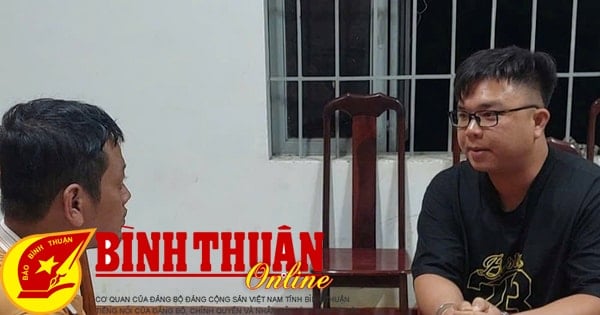
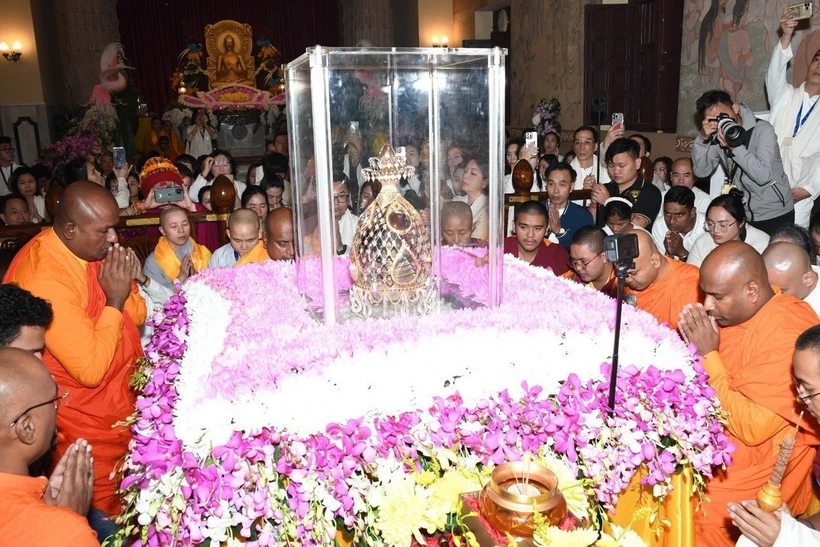



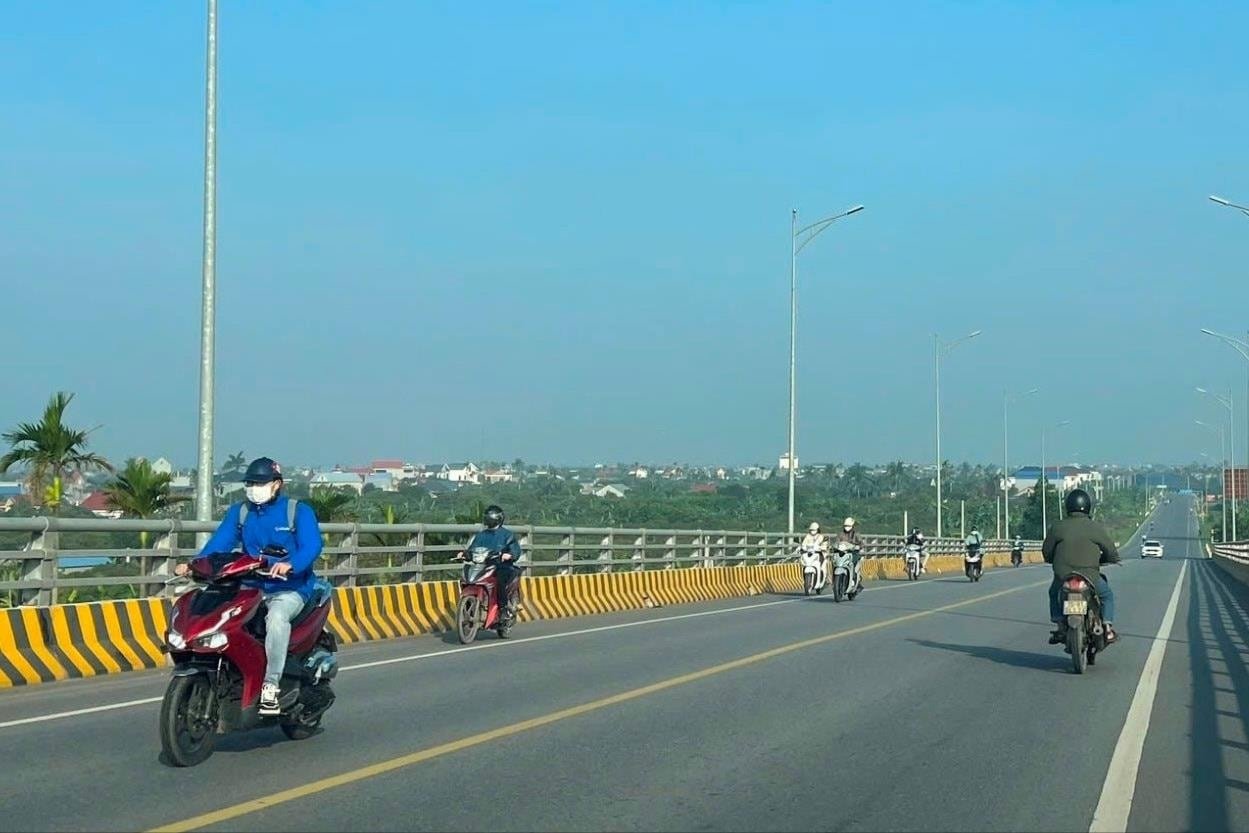
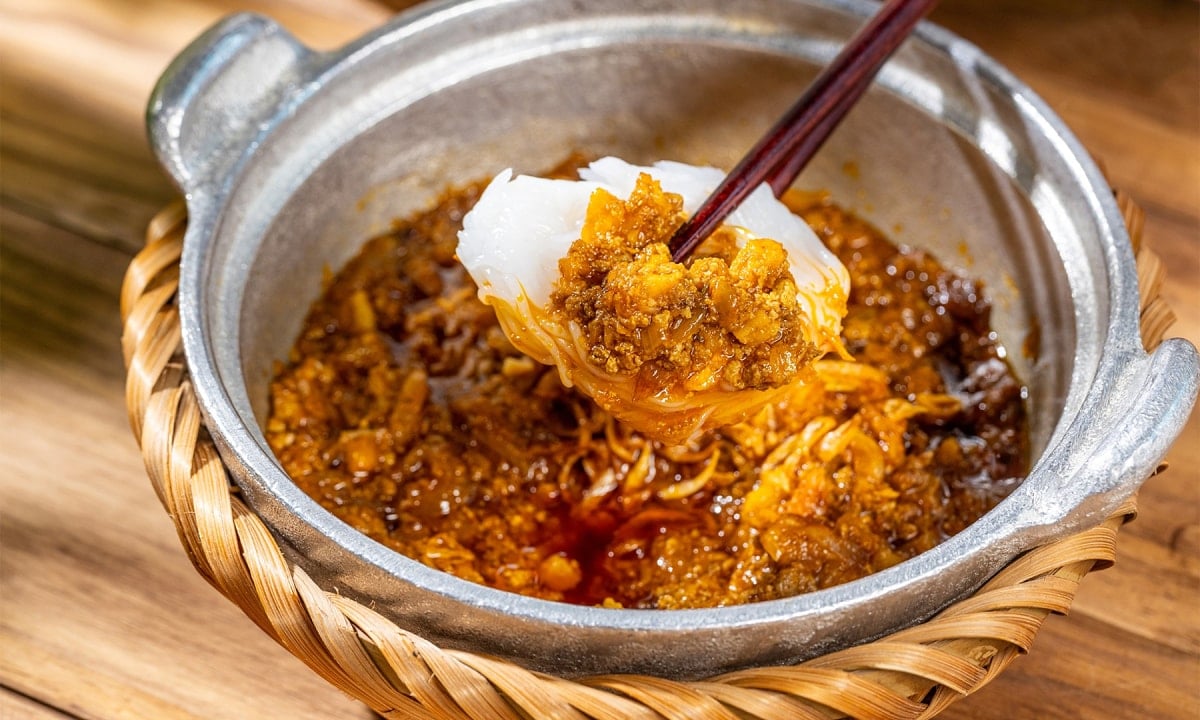




![[Photo] "Lovely" moments on the 30/4 holiday](https://vstatic.vietnam.vn/vietnam/resource/IMAGE/2025/5/1/26d5d698f36b498287397db9e2f9d16c)
![[Photo] Binh Thuan organizes many special festivals on the occasion of April 30 and May 1](https://vstatic.vietnam.vn/vietnam/resource/IMAGE/2025/5/1/5180af1d979642468ef6a3a9755d8d51)
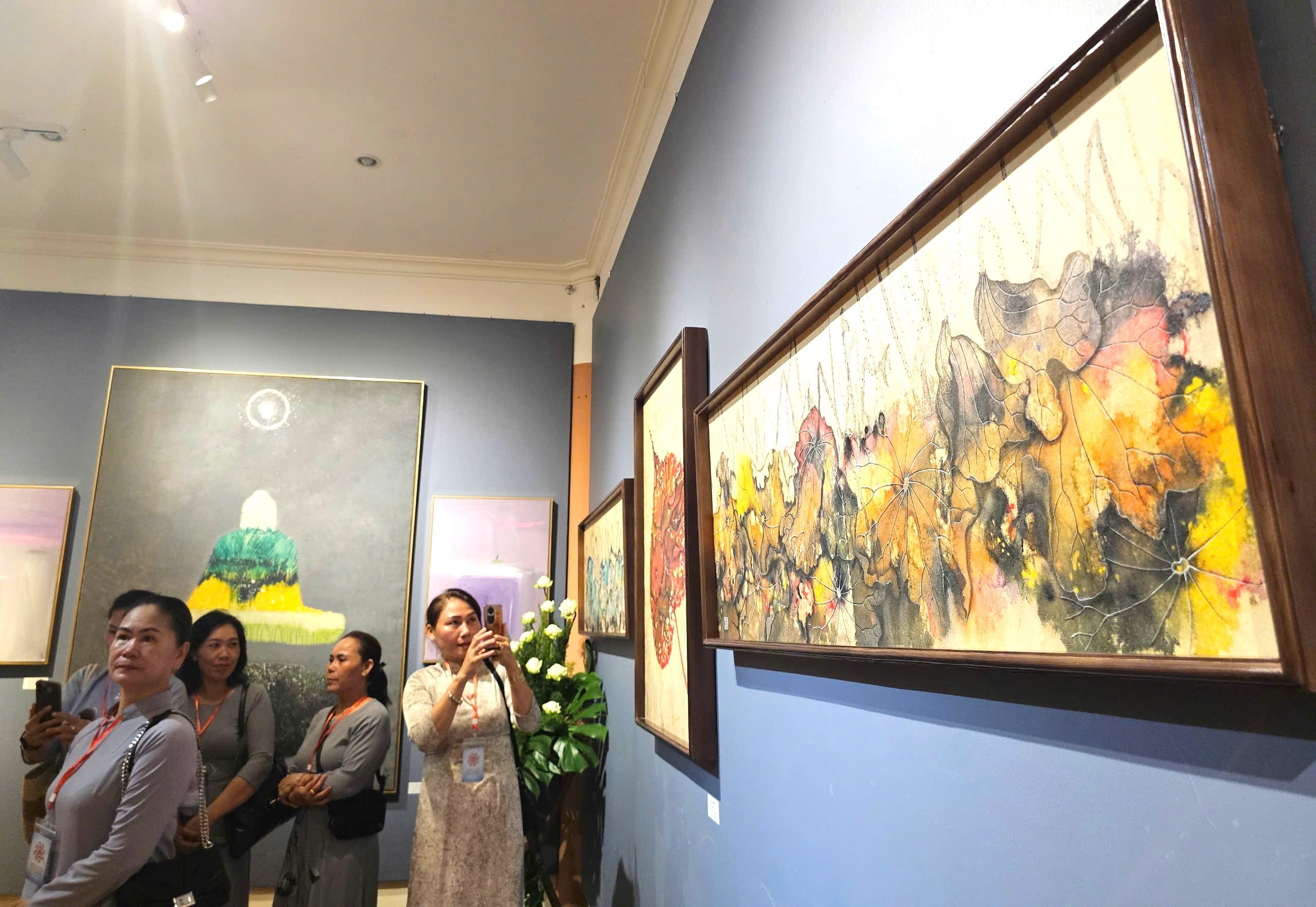



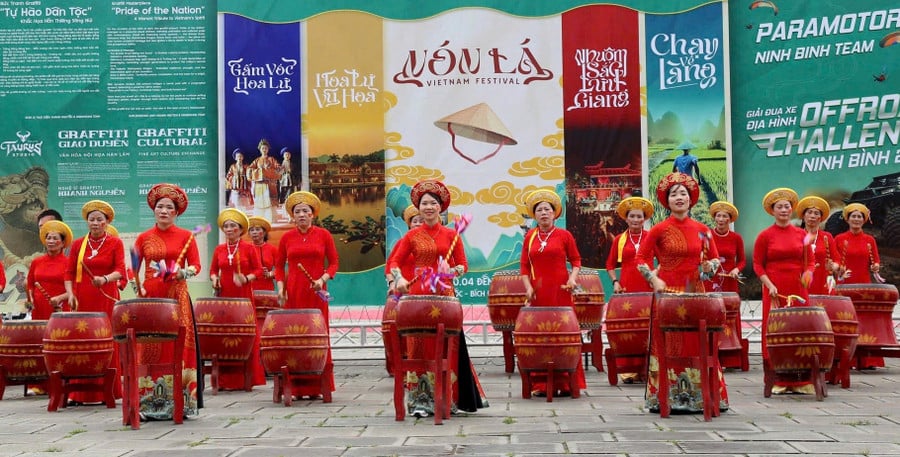

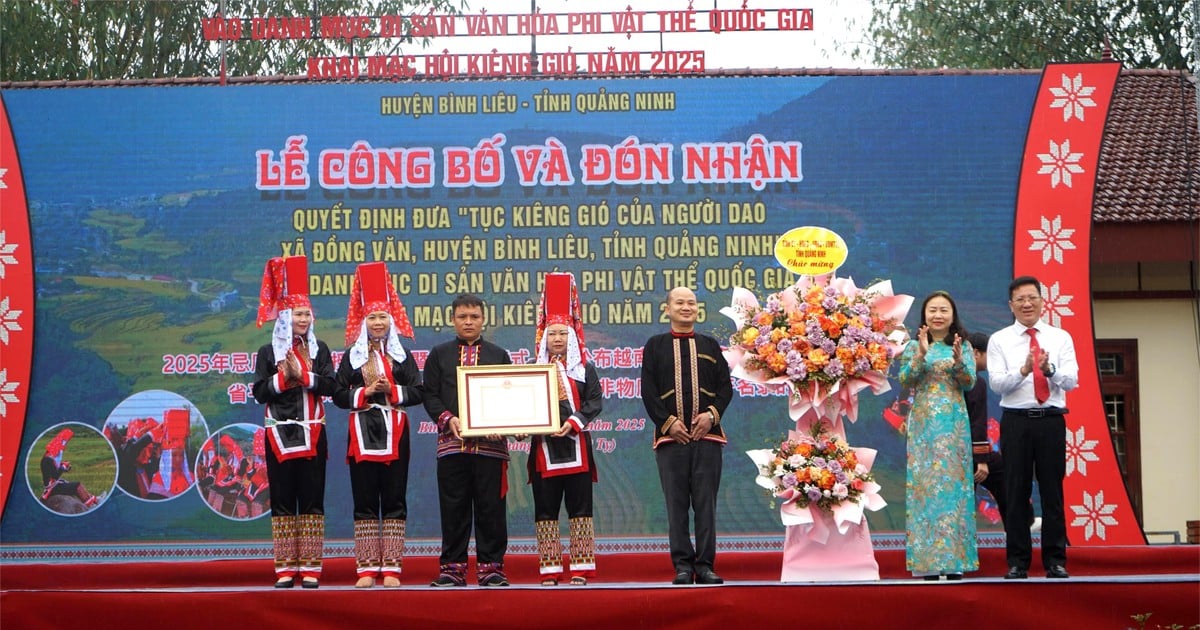





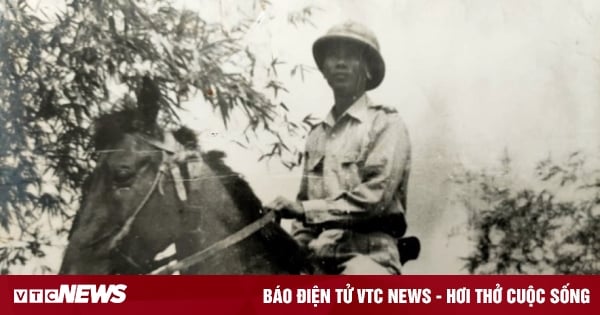

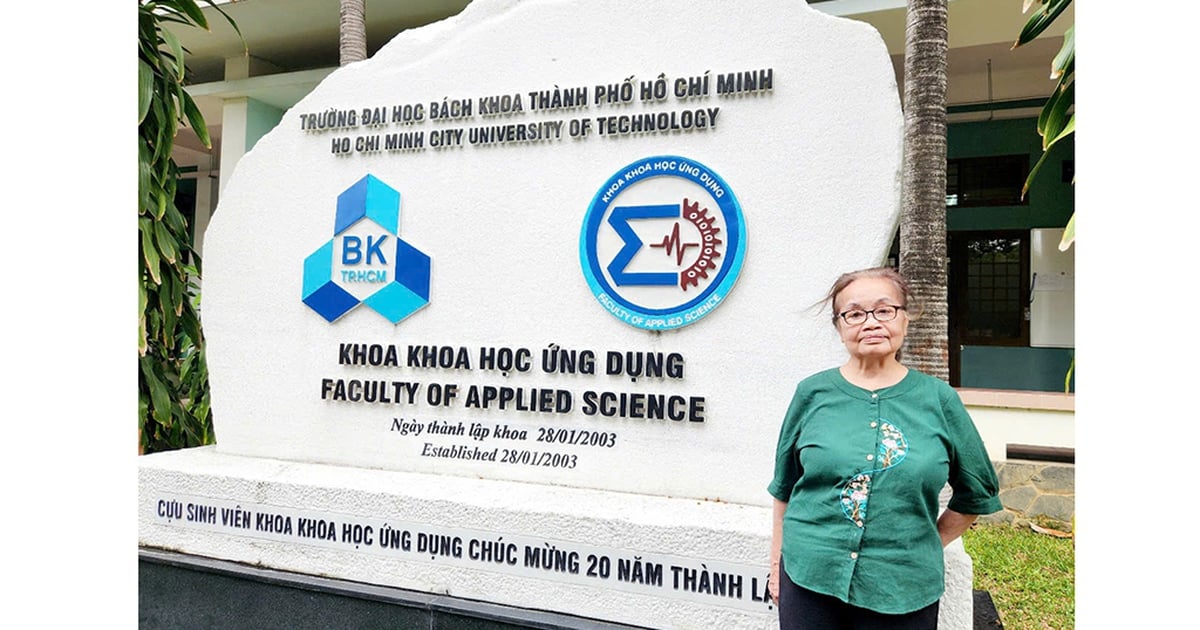

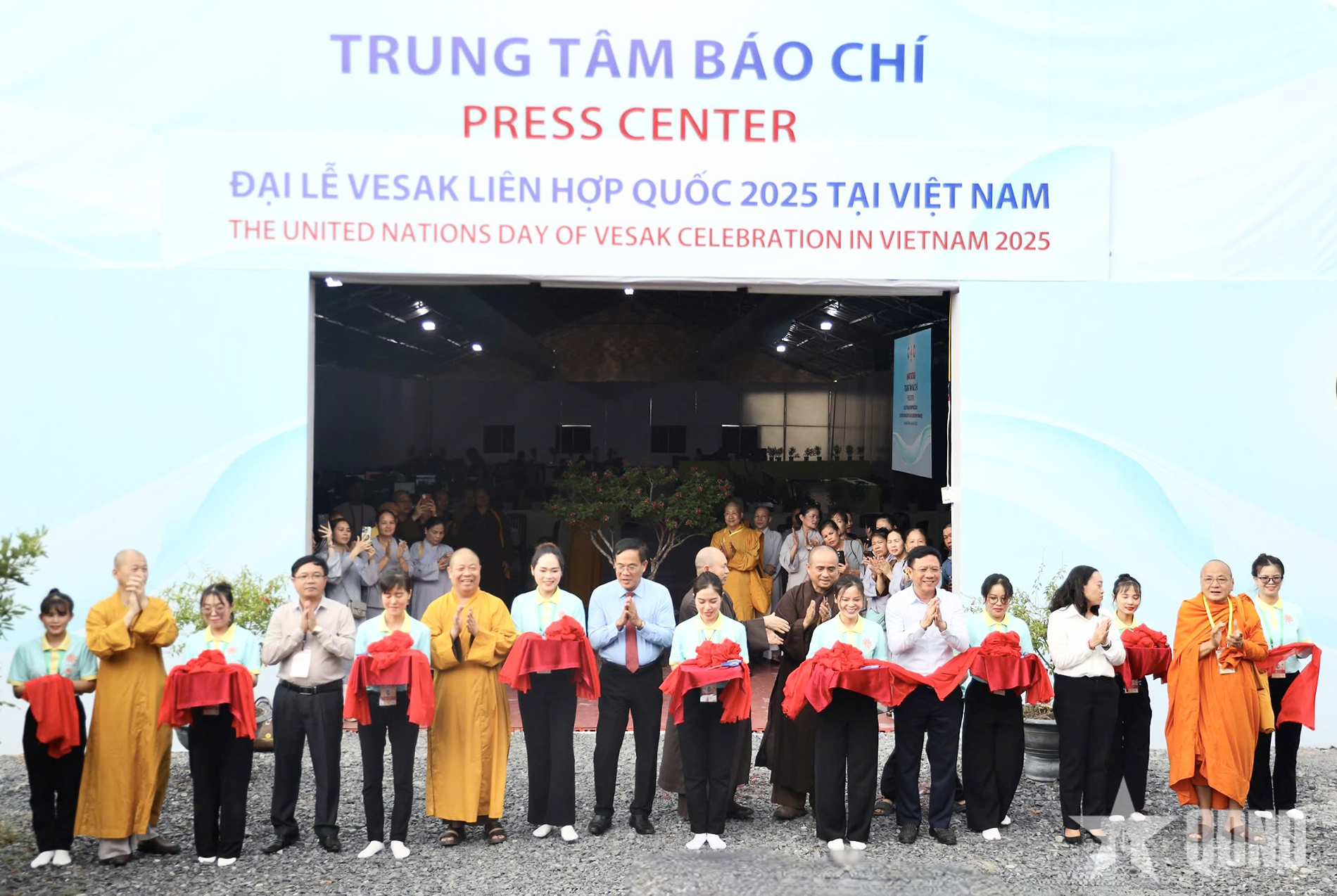



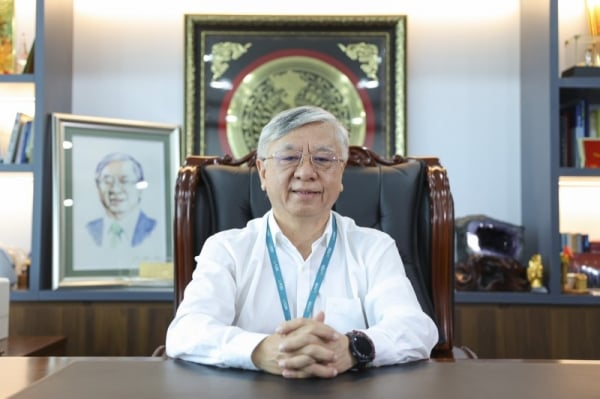

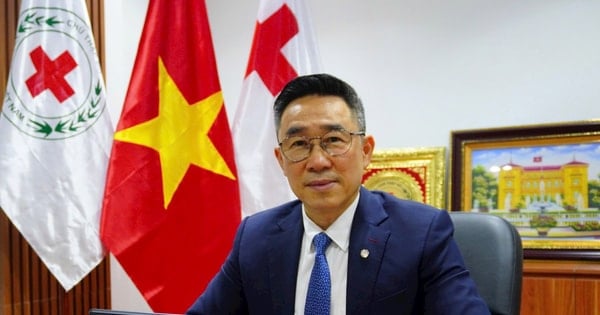









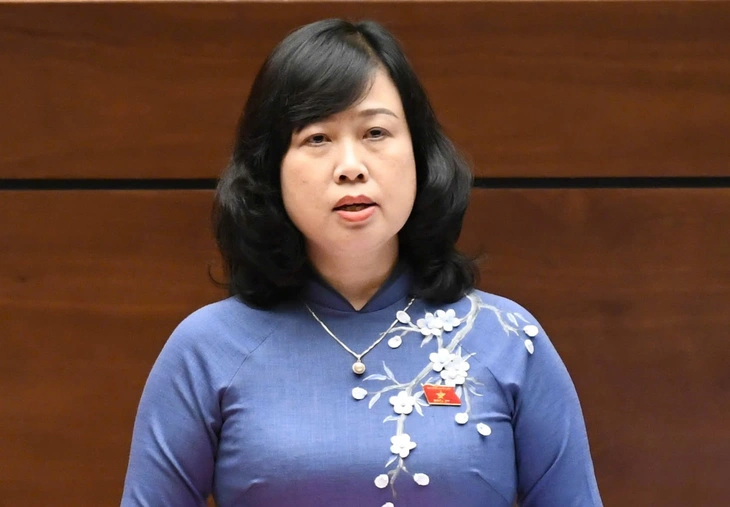


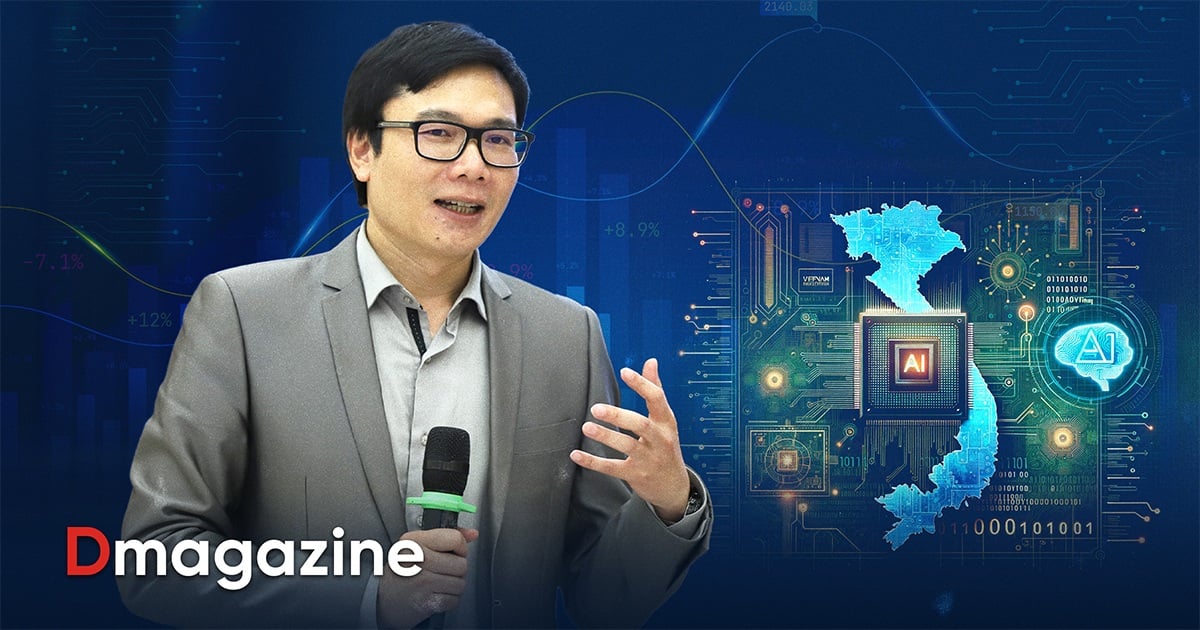


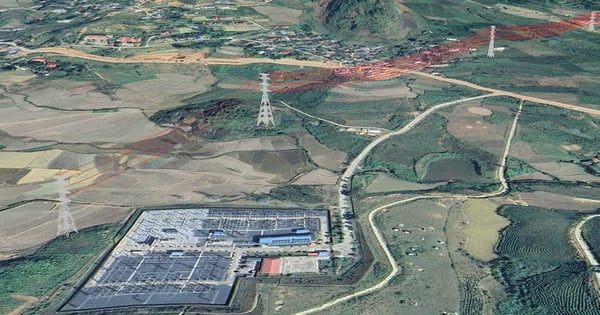
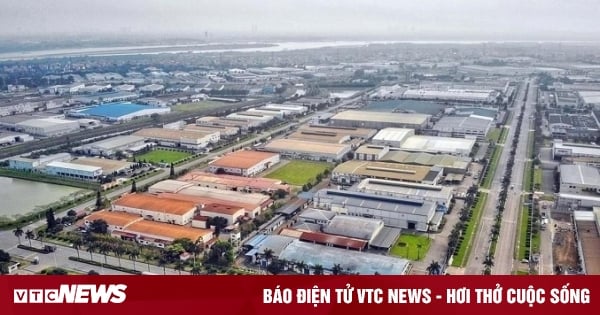
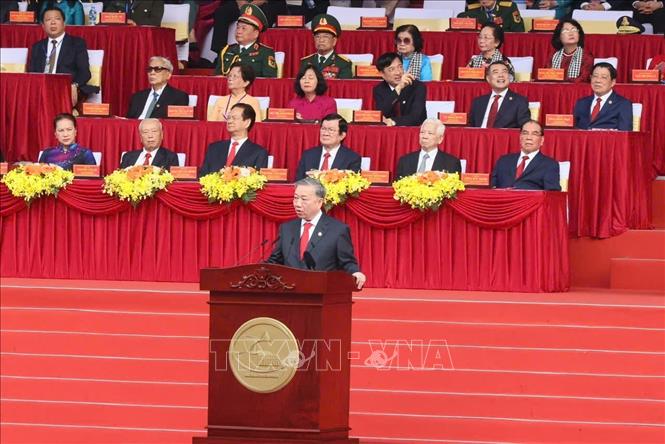







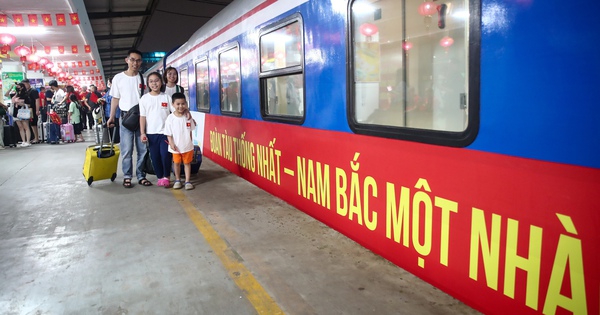
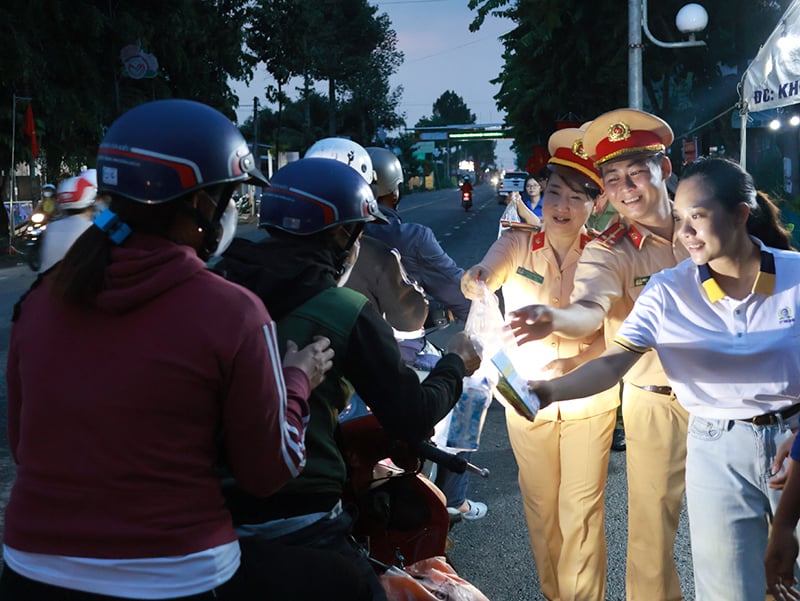















Comment (0)